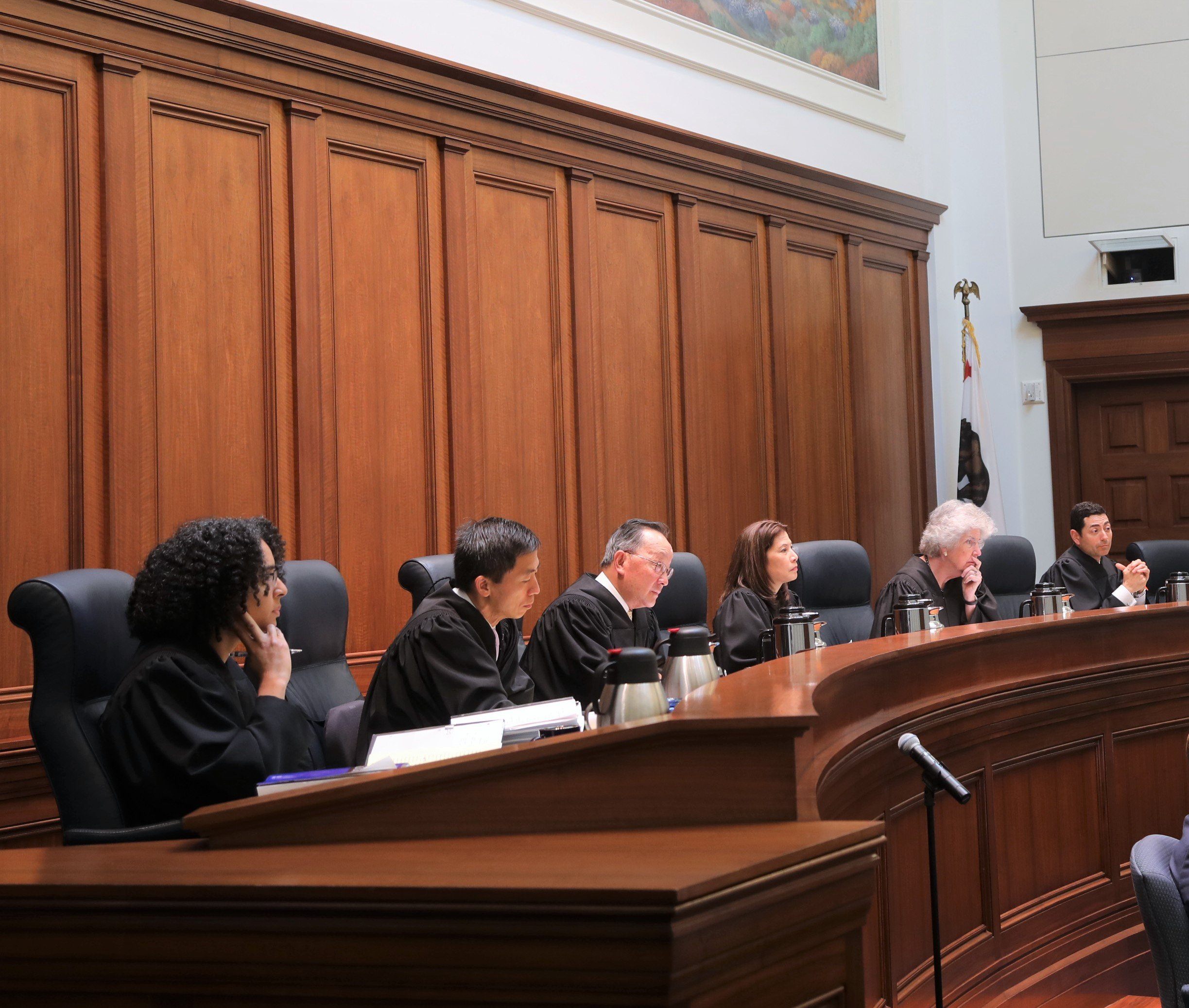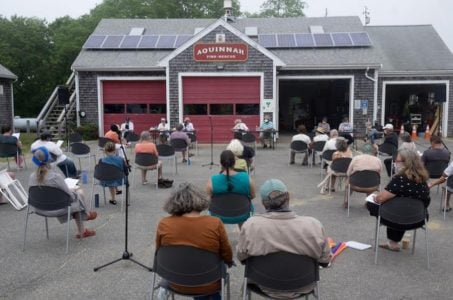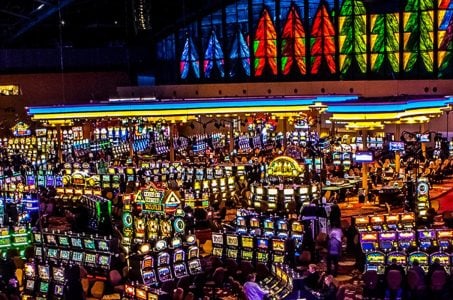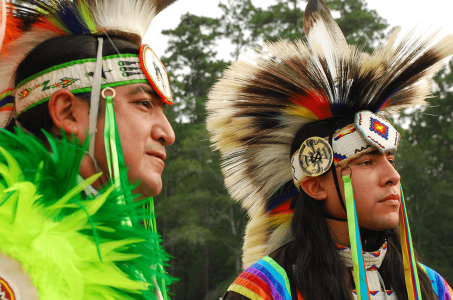Mono Indians Land Date With California Supreme Court in Club One Casino Quest
Posted on: January 9, 2020, 03:13h.
Last updated on: January 9, 2020, 04:18h.
The North Fork Rancheria of Mono Indians has a date with the California Supreme Court, the latest step in a long-running effort by the tribe to open a casino near Madera, Calif.

The Mono Indians’ quest to bring a gaming property to unincorporated land near the Central Valley town dates back to 2003, when the tribe inked a deal with Station Casinos. Station is controlled by Red Rock Resorts, Inc. and operates nearly 20 gaming venues in Southern Nevada.
Mono’s case – Club One Casino, Inc. v. David Bernhardt – will be heard by the California Supreme Court starting on Feb. 11. According to court documents, the state, including Gov. Gavin Newsom, a Democrat, represented by the attorney general’s office, are tussling with local businesses and other tribal gaming operators that don’t want the Mono Indians to open a casino in Madera.
Currently, there are three gaming properties – the Chukchansi Gold Resort & Casino, Table Mountain Casino, and the Club One Casino – within short drives of Madera.
A request for comment from the North Fork Rancheria of Mono Indians wasn’t responded to prior to publication of this article.
Long Road
Mono is seeking to build a 200-room hotel with an entertainment venue, restaurants, and a gaming area that would feature slot machines and table games on property that is within the confines of the tribe’s ancestral land between Chowchilla and Madera.
In 2012, the Native American group reached an agreement with then-Gov. Jerry Brown, also a Democrat. That pact was approved by the California State Assembly in May 2013 and by the state Senate less than two months later. The next year, a Madera County judge dismissed a lawsuit challenging the veracity of the Mono approval, noting California policymakers acted within the bounds of the state’s constitution in granting permission for the tribe to build a casino.
However, a 2014 ballot initiative known as Proposition 48 was approved by Golden State voters, in effect halting construction plans on the Mono gaming venue.
Proposition 48 would ratify gaming compacts between California and two Native American tribes: the North Fork Rancheria of Mono Indians, and the Wiyot Tribe,” according to California Choices. “A ‘yes’ vote on the measure would uphold contested legislation AB 277, which was enacted by the State Legislature and signed by Gov. Jerry Brown in July 2013. A ‘no’ vote would overturn AB 277.”
In 2016, the US Interior Department gave the green light for the Mono effort. Stand Up for California!, an activist group that opposes expanded tribal gaming in the Golden State, later sued the Interior Department, taking that case all the way to the US Supreme Court.
One More Step
The North Fork Rancheria of Mono Indians believes that a win at the California Supreme Court will set the stage for the tribe to proceed with finally breaking ground on the gaming property.
Mono tribal council member Jacquie Davis Van Huss said in a Facebook post last year that if the group claims victory at California’s highest court, it will then commence financing and pre-construction activities.
Related News Articles
Most Popular
Mirage Las Vegas Demolition to Start Next Week, Atrium a Goner
Where All the Mirage Relics Will Go
Most Commented
-
Bally’s Facing Five Months of Daily Demolition for Chicago Casino
— June 18, 2024 — 12 Comments
















Last Comment ( 1 )
I say let them build, I live in the town of Madera,ca and believe it would be great for the local economy. Plus it would give the other casino's some competition. I am very much looking forward to the ground breaking.